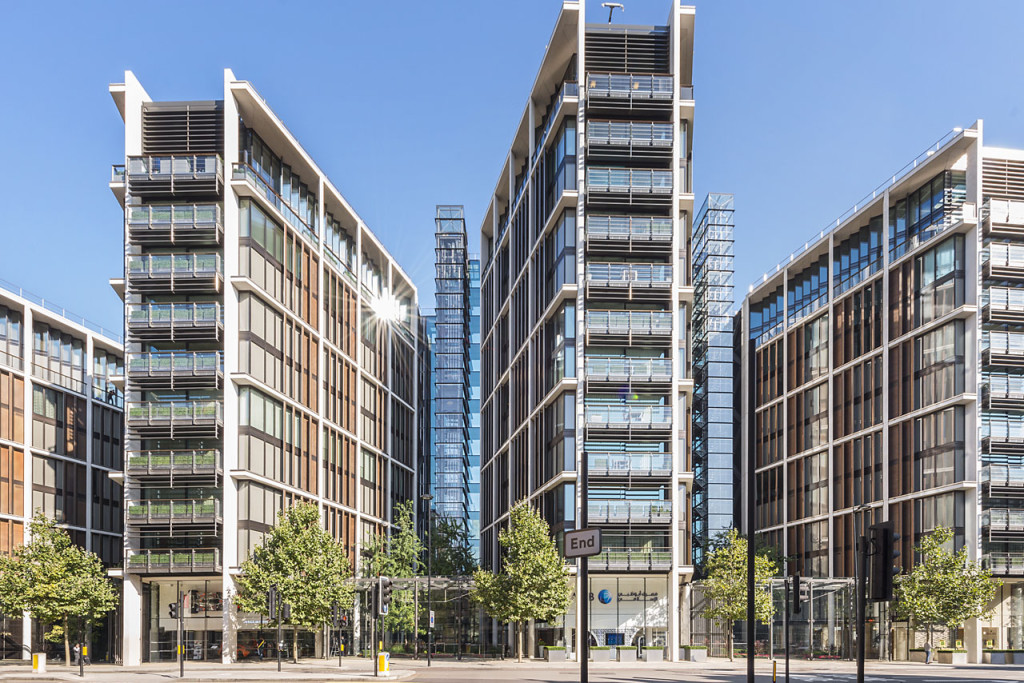Klass warfare: Are mansion tax claims just Hear'Say?
"In London, which is where 80% of the people who will be paying this tax actually live, the South East of England, have you seen what that amount of money can get you?"—Myleene Klass
Former popstar and television presenter Myleene Klass gave Labour leader Ed Miliband a grilling on ITV's chat show The Agenda, drawing considerable coverage.
Ms Klass at first claimed that 80% of UK homes worth more than £2m were in London, before correcting herself to add the South East. Unfortunately, the papers were not so rigorous.
The proportion of all UK 'mansions' that are in London is likely to be under 80%, but working out an exact number is not easy.
What about a best-guess?
Several bodies have attempted to work out what proportion of homes worth more than £2m are in London.
Property websites Zoopla and Knight Frank estimated that 79% and 68% of British homes worth more than £2m were in London. When the South East of England was added to these figures, they came out to 92% and 86% respectively.
What's in a name?
Both Labour and the Liberal Democrats have proposed introducing a mansion tax— a charges on homes worth more than £2m.
Not all of these homes meet the normal definition of a mansion—a large house with a certain palatial air to it. For example, a one bedroom flat in this Knightsbridge building is for sale at £5.5m— if sold at this price, its owner would pay the charge.
How much is a house worth?
Working out how many UK homes are worth more than £2m is a bit tricky. Properties are often only valued when put up for sale—and these valuations are often just the educated guesses of estate agents. We don't know the real value of a home until its sold.
Sale prices reflect supply and demand at the time that a home was sold. Because market conditions and price levels can change, old prices are unreliable as a guide to current value. In particular, prices from before 2008 won't reflect the effects of the recession.
House prices could be affected
Once people know they have to pay a mansion tax, they may be less willing to buy mansions. The additional cost of owning a home worth more than £2m would then be reflected in a fall in prices—not all homes worth more than £2m now would be worth that much if the tax were introduced.
What proportion of mansions are in London?
The short answer: We don't really know.
The slightly longer answer: Only a small fraction of homes change hands each year: In 2013, there were roughly 26m households in the UK, and around a million homes were sold.
Buying a house is not as simple as buying from a shop: people will often be looking for specific features that not all houses have. In places with smaller numbers of buyers and sellers, houses may take longer to sell.
London and the South East are the most active property markets, so sales here make up the bulk of the data. In places with less active markets, there may be £2m homes that come on the market less frequently, or take longer to sell. This means that estimating the proportion of houses worth more than £2m that are in London by looking at sales data might not give the right answer.
For those of a more pedantic bent
The only real answer to "how many mansions are there in London?" is to ask another question: what do we mean by London?
The original article gave Zoopla's estimate of the proportion of UK mansions in London as 88%. This has been replaced with the correct figure.
